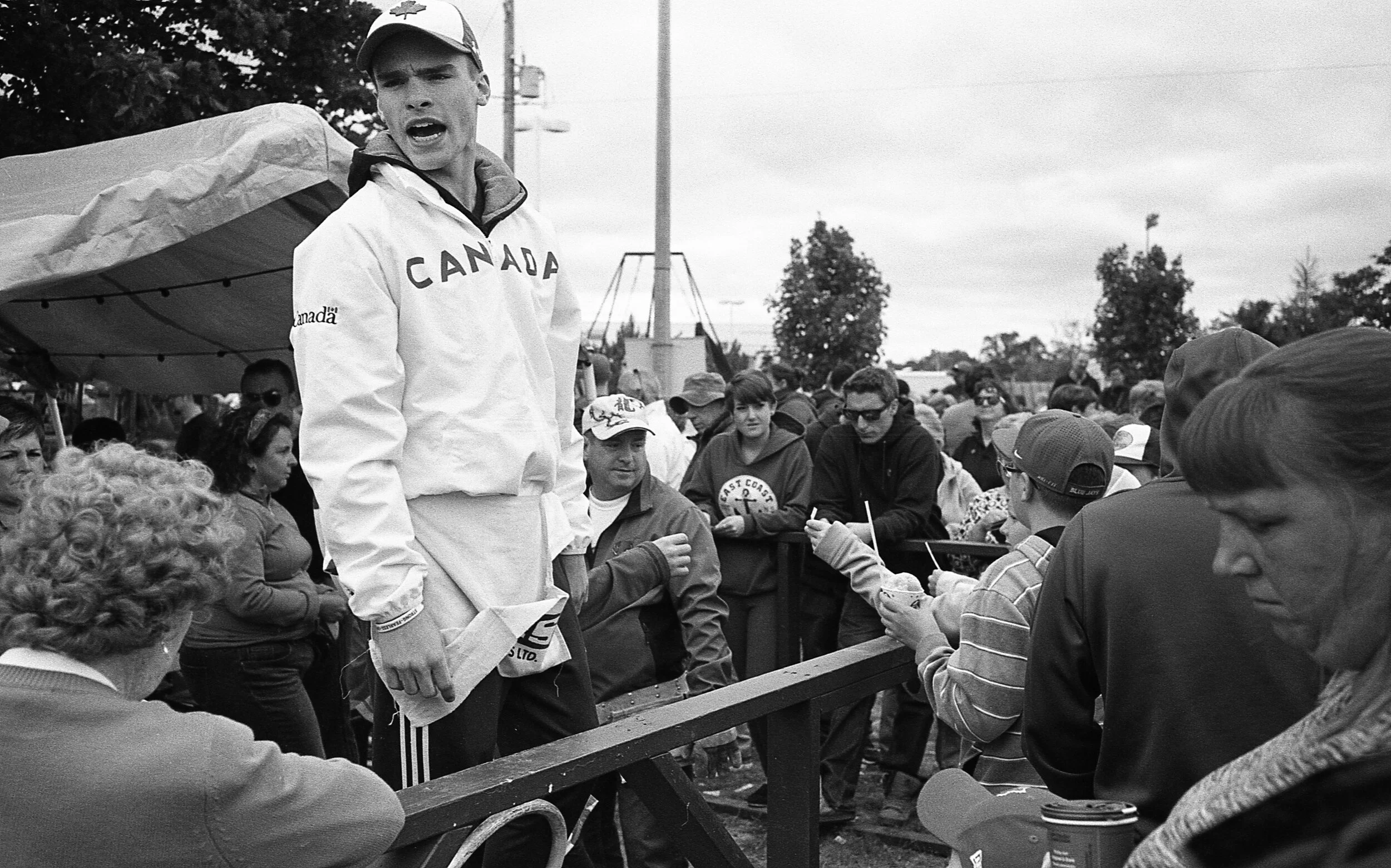One question inevitably gets asked at those webinars and often in those talks I give at the journalism school. “Where do you get an idea for a documentary project?” is a question that always baffles me and I never know how to answer it without sounding condescending.
Read MoreWhen it comes to documentary photography and especially photojournalism, conversations about ethics have been around for a very long time, dating right back to the beginning of the medium. I think what has changed is the nature of those conversations and that change is driven largely by people for whom photography, especially documentary photography, is something they study rather than do.
Read MoreIslands are different places. And not just because their geography is compelling with their edges defined by the meeting of the worlds of land and water. Geographer Yi-Fu Tuan saw them as having a “tenacious hold on the human imagination.” They help us imagine worlds that could be, they shape our understanding of the world that is, and provide us with grounds for experimentation, leisure, discovery, confinement, and unimaginable destruction.
Read MoreOur curiosity, our values, ego, aesthetics, history, politics, and desire to communicate create what Franklin calls the documentary impulse — “the passion to record the moments we experience and wish to preserve, the things we witness and might want to reform, or simply the people, places or things we find remarkable.
Read MoreAnne Buttimer, an Irish geographer, has a lovely definition of what it means to dwell in a place: “To dwell implies more than to inhabit, to cultivate, or to organize space,” she writes. “It means to live in a manner which is attuned to the rhythms of nature, to see one’s life as anchored in human history and directed toward a future, to build home which is the everyday symbol of a dialogue with one’s ecological and social milieu.”
Read More



